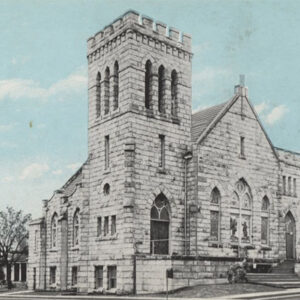 Ozark Church
Ozark Church
Entry Category: Religion
 Ozark Church
Ozark Church
Ozark Industrial College and School of Theology
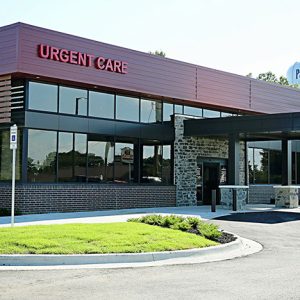 Paragould Urgent Care Clinic
Paragould Urgent Care Clinic
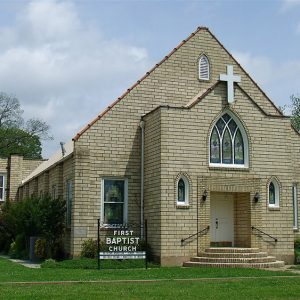 Parkin Baptist Church
Parkin Baptist Church
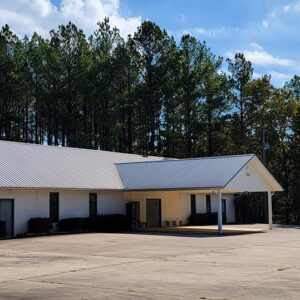 Paron Church
Paron Church
Pentecostal Church of God
Pentecostals
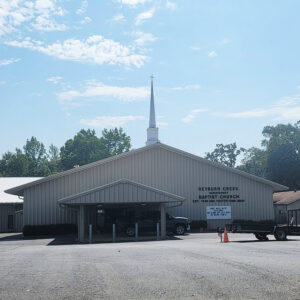 Perla Church
Perla Church
Perry, Harold Robert
Pettaway, Caleb Darnell
Pierce, Henry Niles
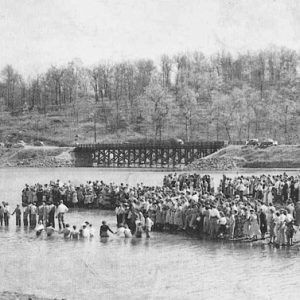 Pigeon Creek Baptism
Pigeon Creek Baptism
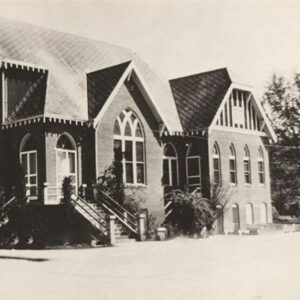 Piggott Baptist Church
Piggott Baptist Church
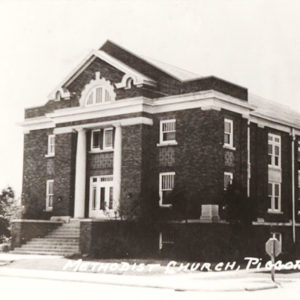 Piggott Methodist
Piggott Methodist
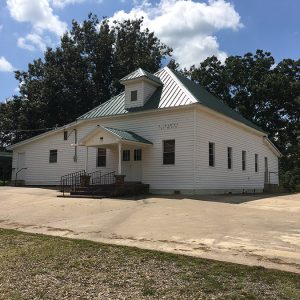 Pleasant Grove Baptist Church
Pleasant Grove Baptist Church
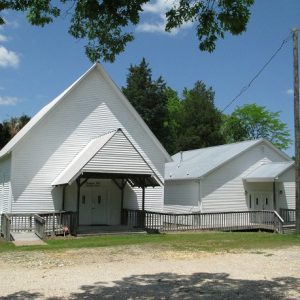 Pleasant Hill United Methodist Church
Pleasant Hill United Methodist Church
Pleasant Hill United Methodist Church (Saline County)
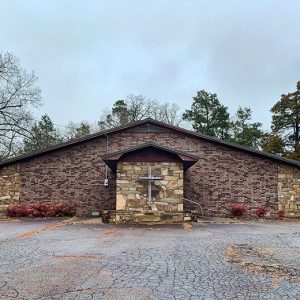 Pilot Prairie Presbyterian Church
Pilot Prairie Presbyterian Church
 Point of Grace
Point of Grace
Polk, Leonidas
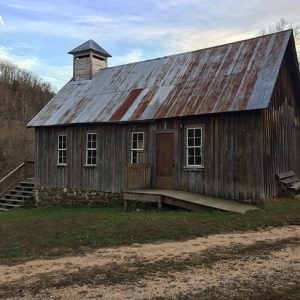 Ponca Church
Ponca Church
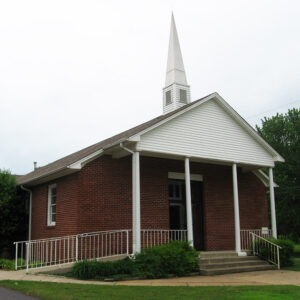 Pottsville ARP Church
Pottsville ARP Church
Powhatan Methodist Church
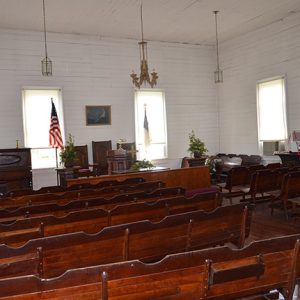 Powhatan Methodist Church
Powhatan Methodist Church
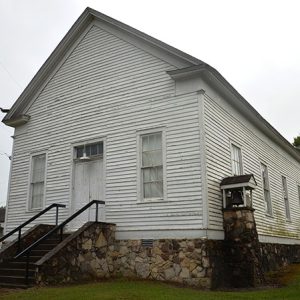 Powhatan Methodist Church
Powhatan Methodist Church
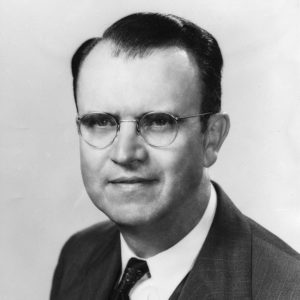 Rudolph Prange
Rudolph Prange
Pratt, Parley P. (Murder of)
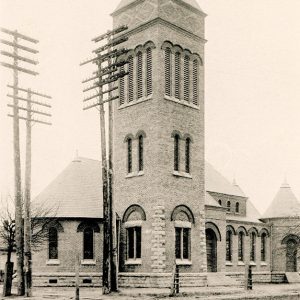 Presbyterian Church
Presbyterian Church
Presbyterians
Presley, Luther G.
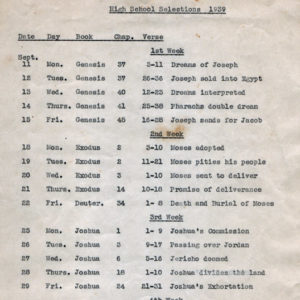 Public School Bible Verses List
Public School Bible Verses List
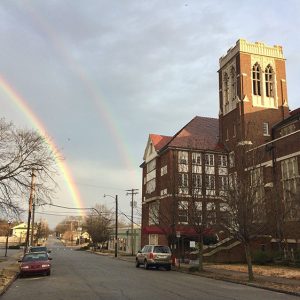 QQUM Church Exterior
QQUM Church Exterior
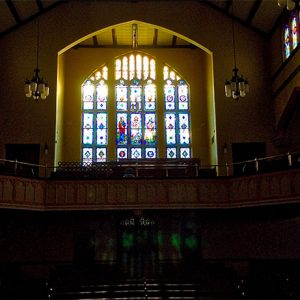 QQUM Church Interior
QQUM Church Interior
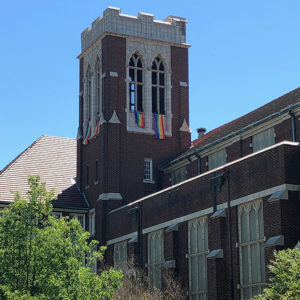 QQUM Church Tower
QQUM Church Tower
Quapaw Quarter United Methodist Church
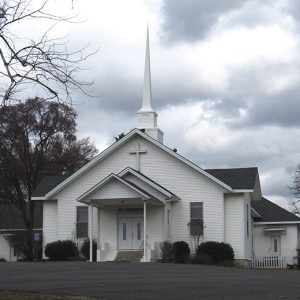 Quitman Methodist Church
Quitman Methodist Church
Reform Judaism
Religion
Religious Society of Friends
aka: Quakers
Roaf, Phoebe Alison
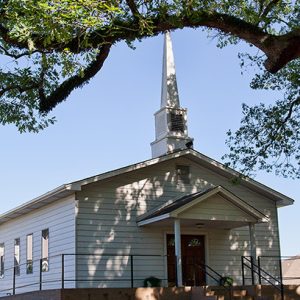 Rockport Methodist Church
Rockport Methodist Church
Roman Catholics
aka: Catholics
Ronoake Baptist Church
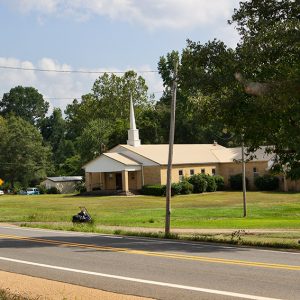 Rosston Baptist Church
Rosston Baptist Church
Rudd, Daniel
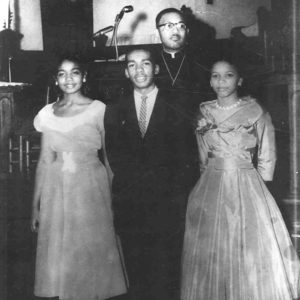 Rufus Young with Little Rock Nine Members
Rufus Young with Little Rock Nine Members
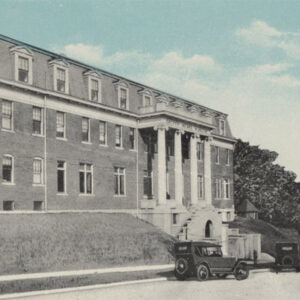 Sacred Heart Academy
Sacred Heart Academy
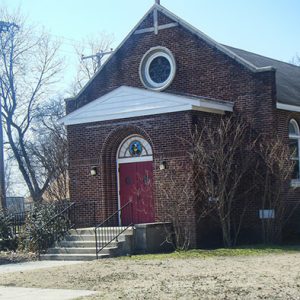 Sacred Heart Catholic Church
Sacred Heart Catholic Church
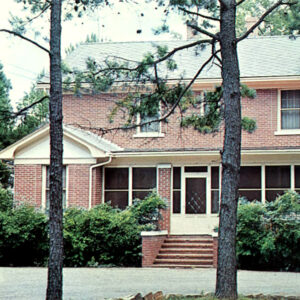 Sacred Hearts Rectory
Sacred Hearts Rectory
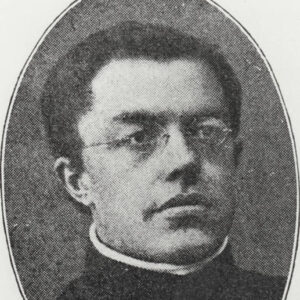 Father Matthew Saettele
Father Matthew Saettele




